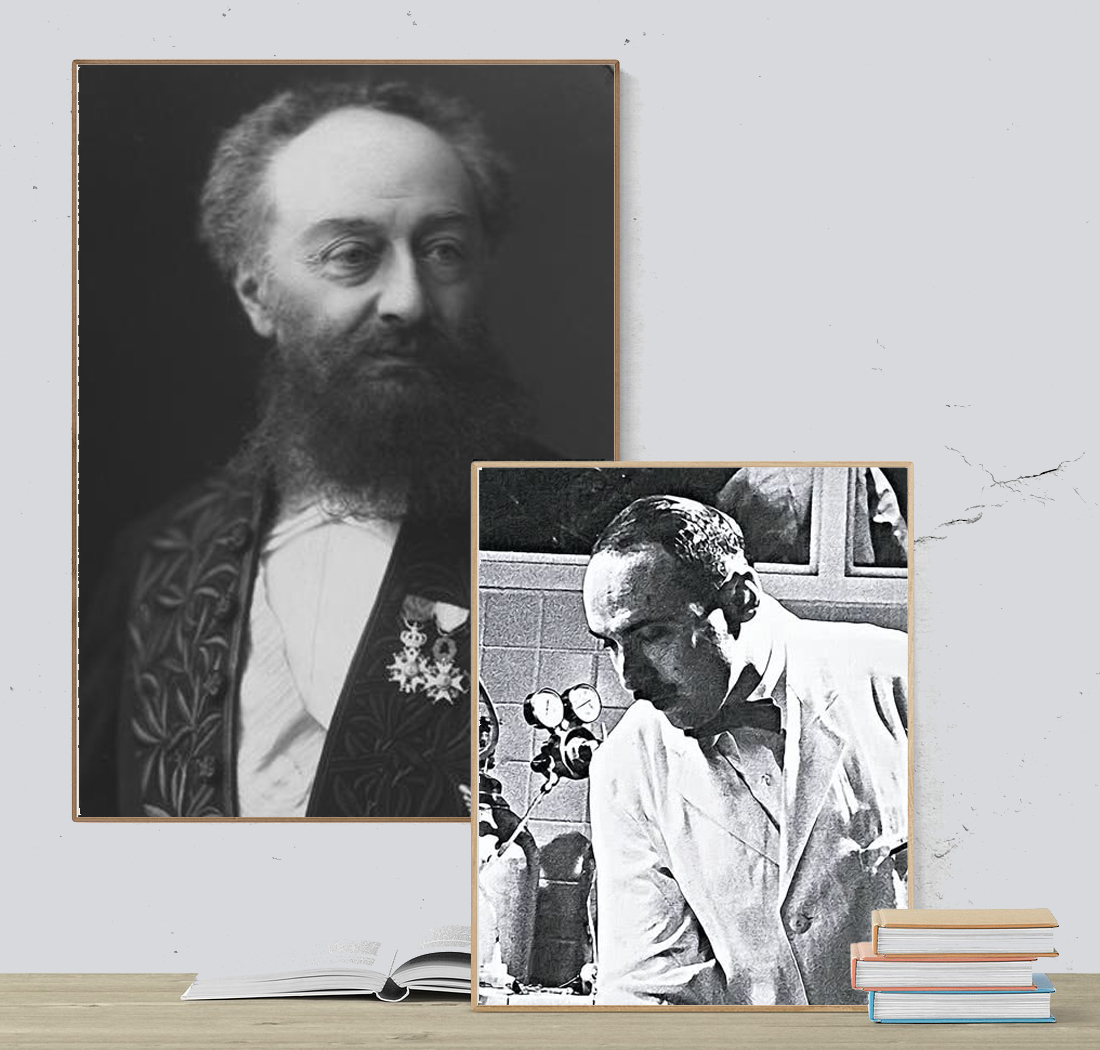Eugene Aserinsky was a scientist who, together with Nathaniel Kleitman, discovered the rapid eye movement (REM) phase. In 1953, Aserinsky was working at the University of Chicago. His dissertation titled “Eye Movements During Sleep” was very innovative at the time. As The New York Times wrote in an article published when the researcher died in 1998, his discovery of REM sleep—periodic, rapid, jerky movement of the eyeballs under the eyelids when the person is having a dream—showed that the brain is in a state of some activity for about 22% of the total sleep time.
He shares his birthday with Marie-Jean-Léon Lecoq, a French aristocrat and a well-known intellectual in the nineteenth century, who became a pioneer in the study of lucid dreams (LD). However, he did not believe that this state was fundamentally different from ordinary dreaming and waking life, and did not give the phenomenon a name. For him, lucid dreams were simply dreams involving will, attention, and awareness.
In 1867, he published the book Dreams and the Ways to Direct Them; however, because of the book’s small distribution, it remained practically unknown even in scientific circles for almost a hundred years. Lecoq himself first experienced LD at the age of thirteen. His main method was to keep a dream diary. As the researcher writes in his book, on the 207th night after the start of the diary, he became lucid in a dream, and after fifteen months he began to experience LD almost every night.
Lecoq also conducted experiments on programming dream scenarios, believing that anyone can summon up a dream on any given topic. He used various sensory stimuli to create a conditioned reflex. For example, during a trip he used a particular perfume, and on his return he sprayed his pillow with the same perfume. As a result, he had a dream about the area he visited.
Have you ever programmed an ordinary (unconscious) dream on a given topic for yourself?
Lecoq’s book is available on Amazon.
Get all the latest news about lucid dreams via our channels on Telegram, Facebook, Twitter




